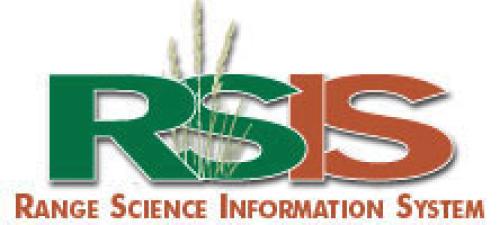Five exclosures were established in a frequently burned, infertile, wiregrass (Aristida stricta) dominated, flatwoods range in south Florida to evaluate range improvement by deferred grazing. There were no differences in plant biomass between treatments, except for the year-round exclosure having somewhat higher values of shrubs and preferred grasses relative to all other treatments. Frequency of the preferred grasses, little blue maidencane (Amphicarpum muhlenbergianum), chalky bluestem (Andropogon capillipes), little bluestem (Schizachyrium scoparium), and lopsided Indiangrass (Sorghastrum secundum), did not increase even after 8 years in exclosures that were always closed compared with other treatments, which were not different. Shrub biomass was greater in the treatment that was always closed, and biomass increased quadratically over years. There were no effects due to treatments on less desirable grasses and forbs. The undesirables were mostly effected by a year x treatment interaction. Kalmbacher et al. conclude that this biennially burned, seasonally flooded, infertile wiregrass range is not highly responsive to grazing or deferment from grazing, hence responses may not justify the inputs required for more intensive grazing management.

Citations and enhanced abstracts for journals articles and documents focused on rangeland ecology and management. RSIS is a collaboration between Montana State University, University of Idaho, and University of Wyoming.